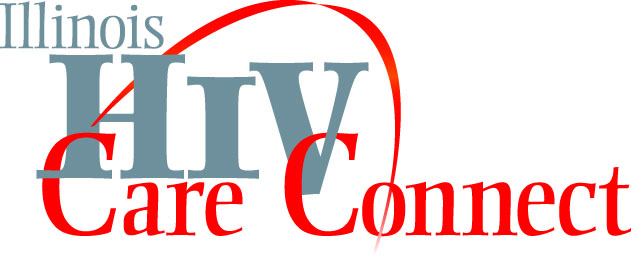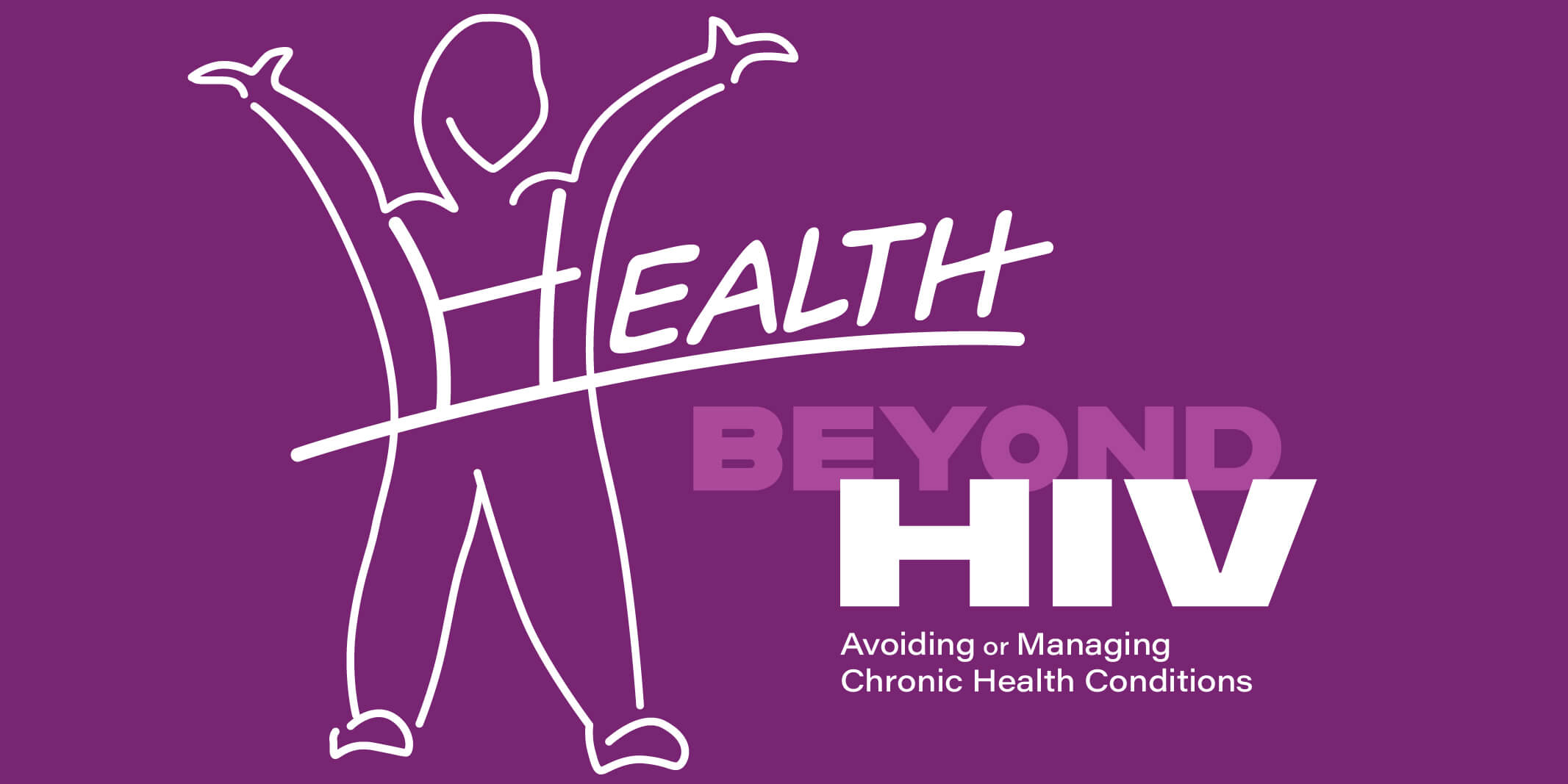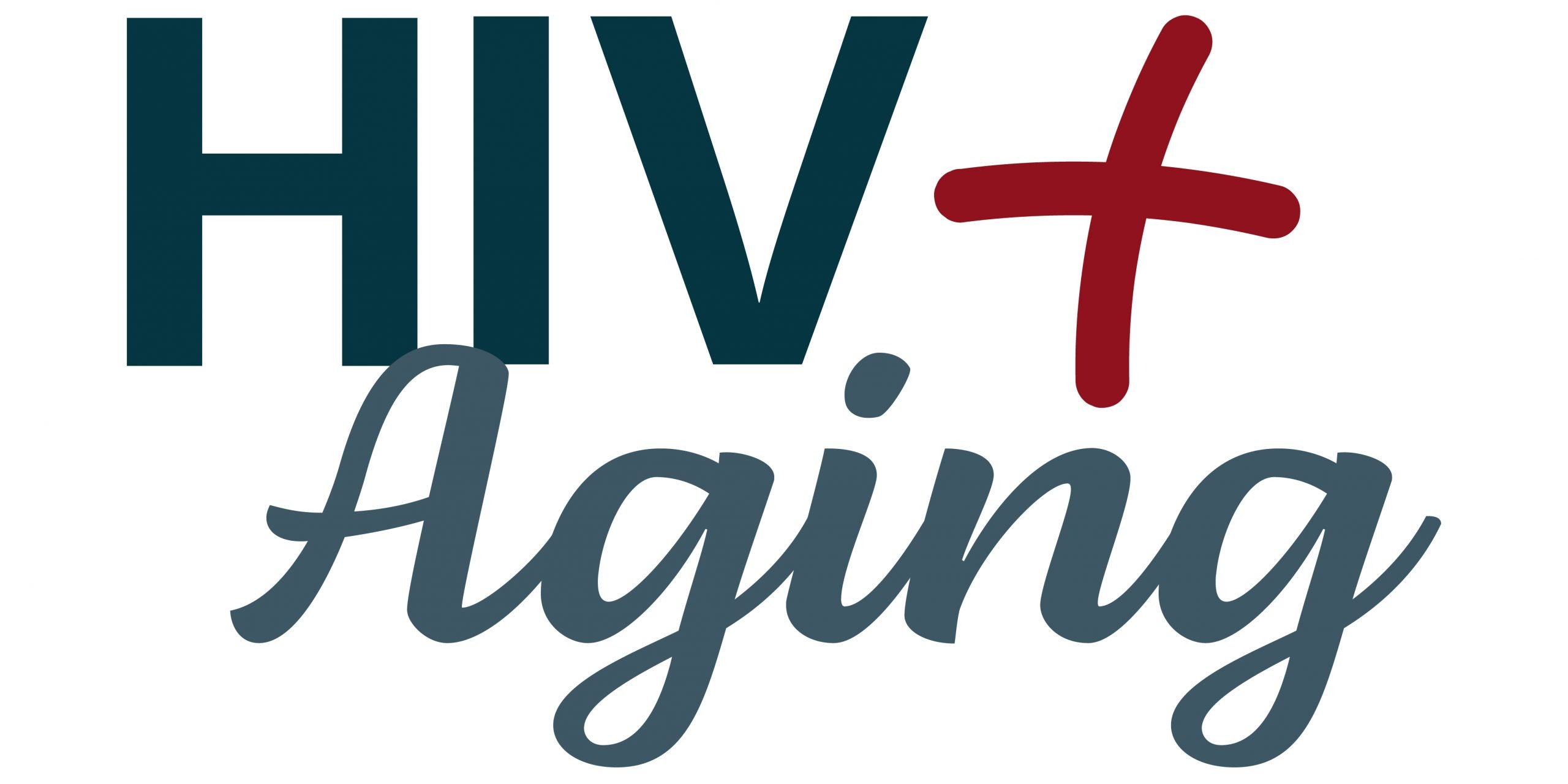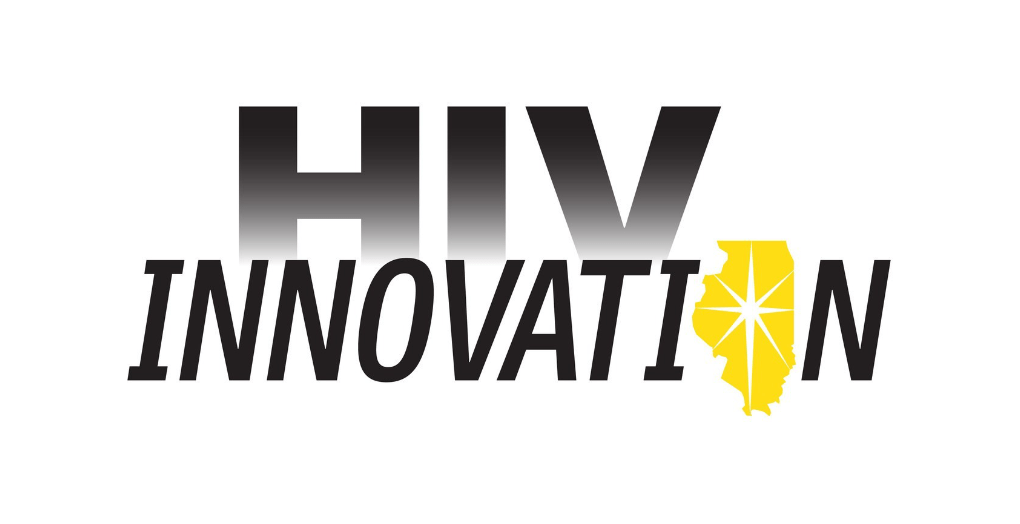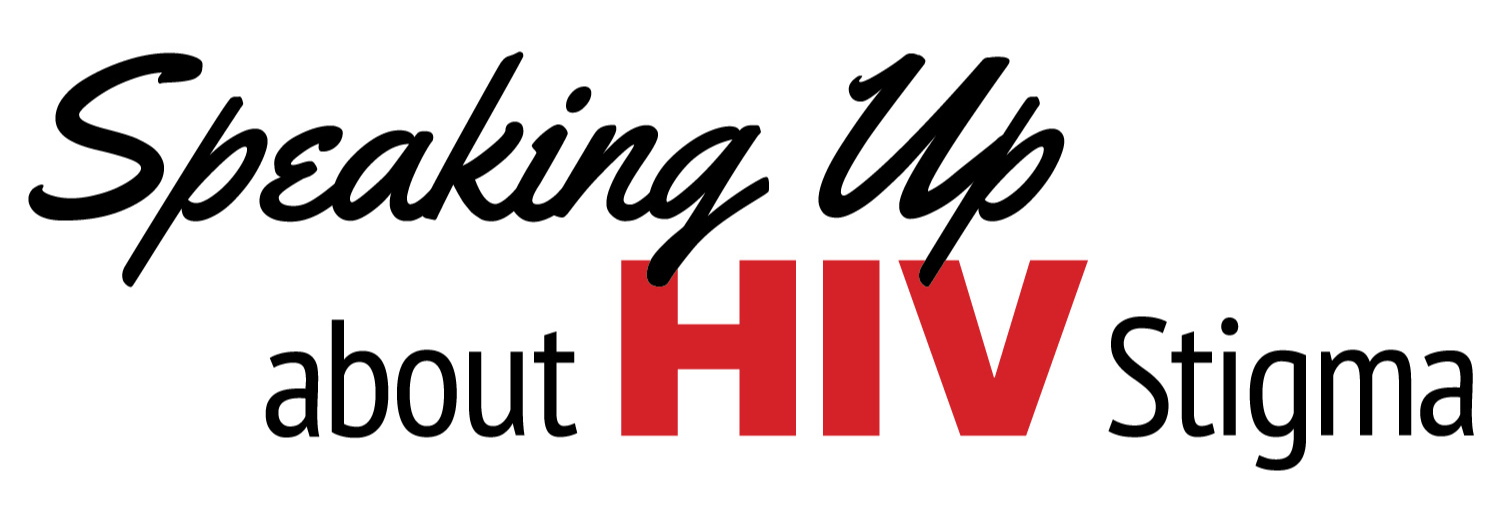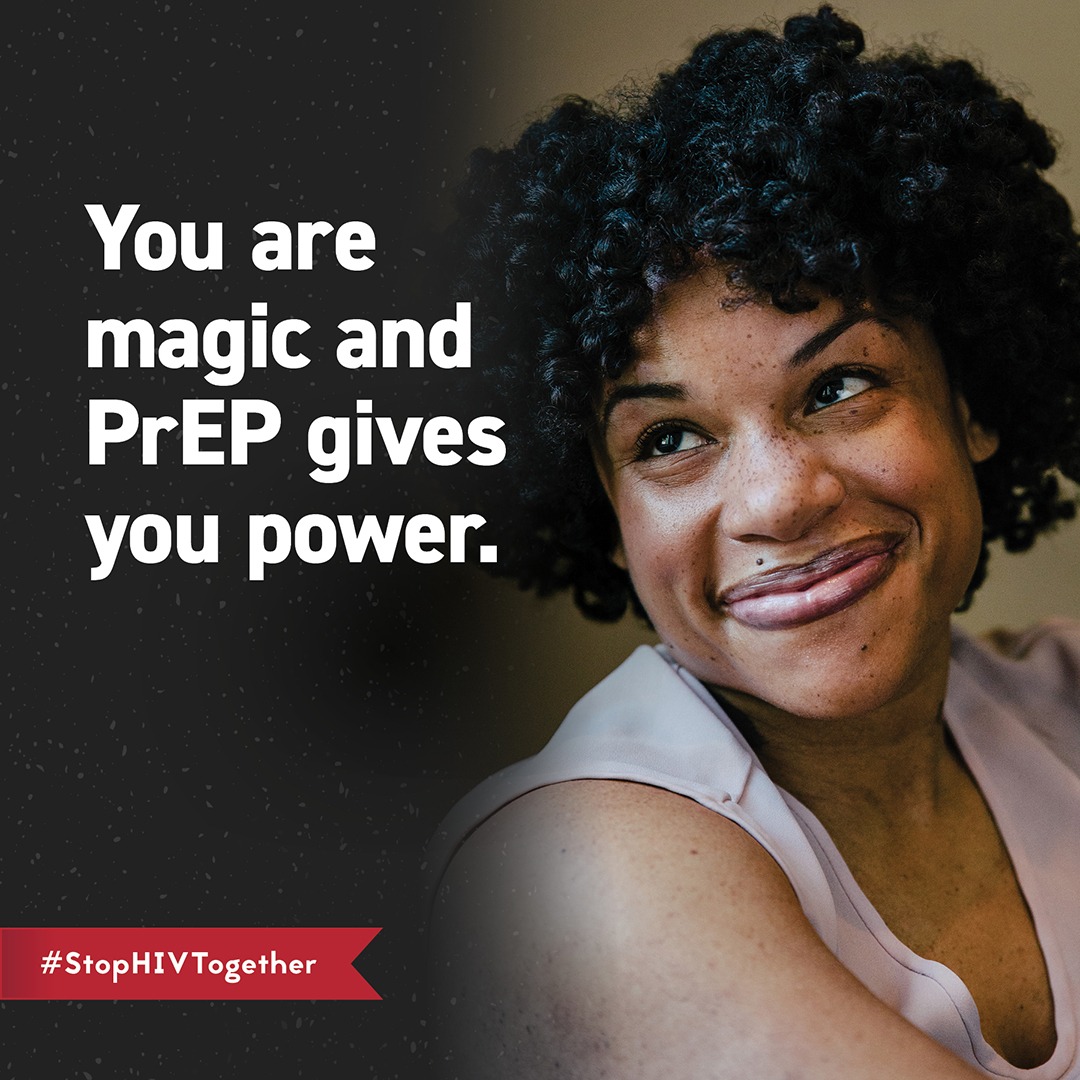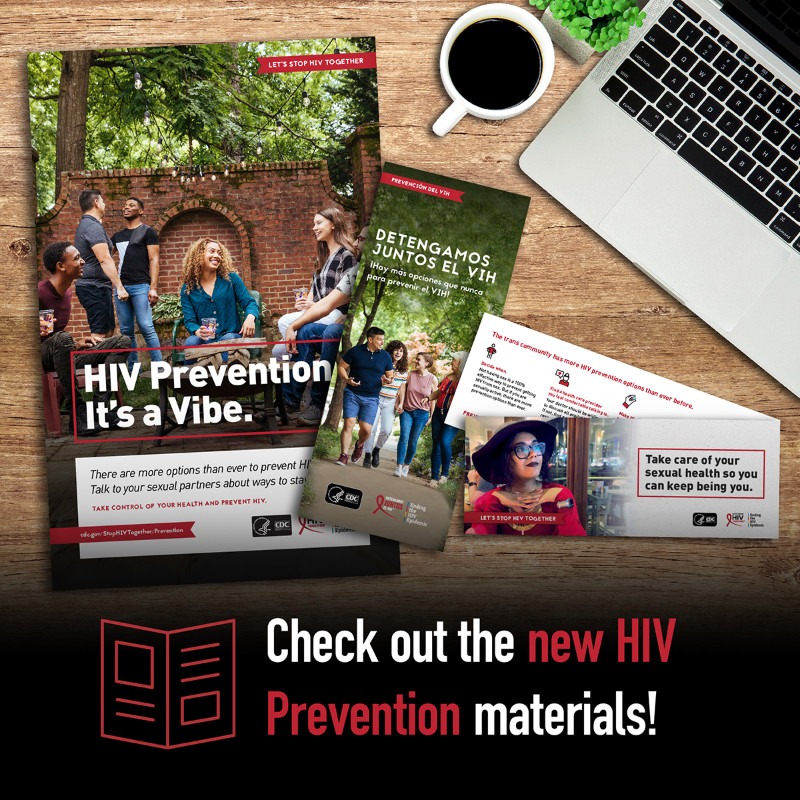Post-exposure prophylaxis, or PEP, is a way to prevent acquiring HIV by taking anti-HIV medications after a recent possible exposure to the virus. Available from emergency rooms and doctors’ offices, PEP must be started within 72 hours after a possible exposure to HIV.
When to take PEP
If you think you’ve recently been exposed to HIV, talk to your health care provider or an emergency room doctor about PEP right away. Exposure can occur:
- During sex, for example, if a condom broke
- Through sharing needles and works to prepare drugs
- Through a sexual assault
- Through an accident in a health care workplace
For health care workers exposed to HIV
Health care workers who are exposed to HIV at work should report the exposure to a supervisor and seek medical attention immediately. Occupational transmission of HIV to health care workers is extremely rare, and the proper use of safety devices and barriers can help minimize the risk of exposure while caring for patients with HIV.
Clinicians caring for health care workers who have had a possible exposure can call the PEPline (1-888-448-4911), which offers around-the-clock advice on managing occupational exposures to HIV, as well as to hepatitis B and C. Exposed health care workers may also call the PEPline, but they should seek local medical attention first. The Centers for Disease Control and Prevention (CDC) have guidelines for the management of health care worker exposures to HIV and recommendations for PEP. Read more about occupational exposure to HIV and strategies to prevent it in this CDC fact sheet.
How to take PEP
If you’re prescribed PEP, you’ll need to take it once or twice daily for 28 days. PEP is effective in preventing HIV when administered correctly, but not 100 percent effective. PEP is safe but may cause side effects like nausea in some people. These side effects can be treated and are not life-threatening.
PEP is not a substitute for regular use of other proven HIV prevention methods, such as:
- Pre-exposure prophylaxis (PrEP), which means taking HIV medicines daily to lower your chance of acquiring HIV from a HIV-positive partner
- Using condoms the right way every time you have sex
- Using only your own new, sterile needles and works every time you inject drugs
How can I pay for PEP?
If you’re prescribed PEP after a sexual assault, you may qualify for partial or total reimbursement for medicines and clinical care costs through the Office for Victims of Crime, funded by the US Department of Justice (see the contact information for each state).
If you’re a health care worker who was exposed to HIV on the job, your workplace health insurance or workers’ compensation will usually pay for PEP.
If you’re prescribed PEP for another reason and you cannot get insurance coverage, your health care provider can apply for free PEP medicines through the medication assistance programs run by the manufacturers. Online applications can be faxed to the company, or some companies have special phone lines. These can be handled urgently in many cases to avoid a delay in getting medicine.
Learn more about PEP at the Centers for Disease and Control and Prevention’s website.
